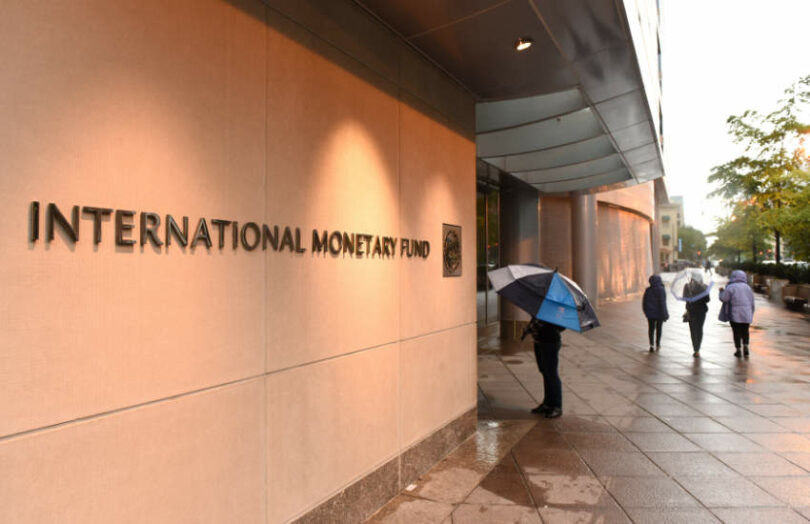Yesterday the IMF Executive Board published a paper on crypto-assets with policy recommendations. Beyond the suggestions, the IMF said an outright ban on cryptocurrencies should not be the ‘first-best’ option. However, ‘a few’ directors believe a crypto ban should be on the table. Counterbalancing this view is a desire to encourage innovation and use blockchain for public policy objectives.
The key recommendations fall into three themes: macroeconomic, legal and regulatory, and international coordination.
On the macroeconomic front, given that the IMF’s key role is to foster international financial stability, it wants to ensure that individual economies remain stable. For some countries with less robust local currencies, there’s a real risk that citizens opt to hold assets in blockchain-based stablecoins dominated in dollars rather than the local currency. Hence there’s a potential monetary sovereignty risk.
The IMF suggests combatting the sovereignty risk by preventing large fiscal deficits and avoiding making a cryptocurrency legal tender (like El Salvador).
Often those same countries have some restrictions on money moving out of the country, and crypto can undermine these. A second macroeconomic recommendation is to guard against this risk by ensuring any capital movement restrictions apply to crypto-assets. It also suggests these countries should keep a higher level of foreign reserves to address volatility in cross border movements.
The third domestic economic impact is on the tax base, so the IMF suggests adopting a clear tax policy for crypto-assets.
The paper also reviews a variety of benefits enabled by cryptocurrencies, such as low cost cross border payments and the associated risks. Regarding payments, it questions some of the benefits when the conversion costs from crypto to cash are included. It’s skeptical about the benefits altogether.
“While the supposed potential benefits from crypto assets have yet to materialize, significant risks have emerged,” says the document.
The document’s timing is opportune given this week’s G20 summit, where crypto-assets are a high profile topic.
Meanwhile, the IMF recently published its own crypto-inspired paper for reducing the costs of cross border payments. It proposes X-C, a global centralized ledger that uses smart contracts for cross border payments in which central banks, banks and payment providers participate.






